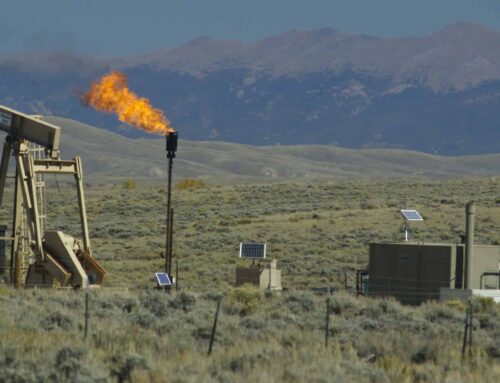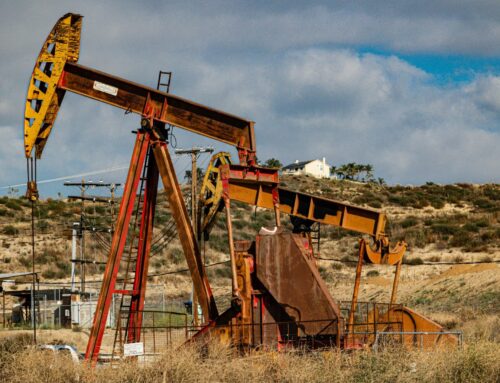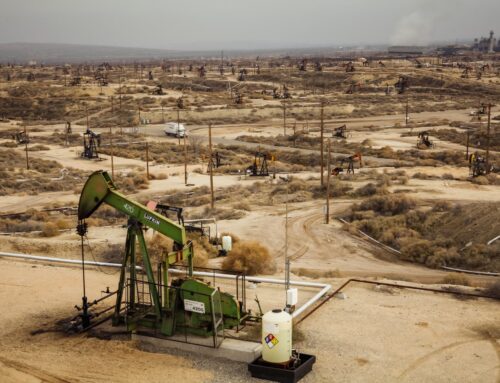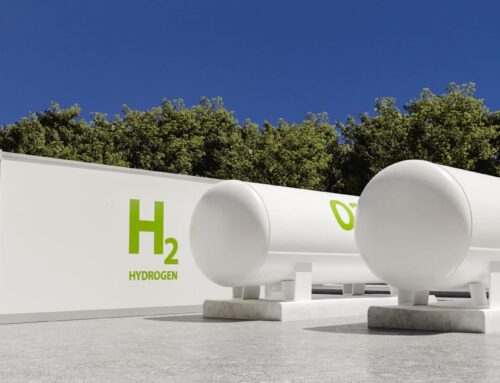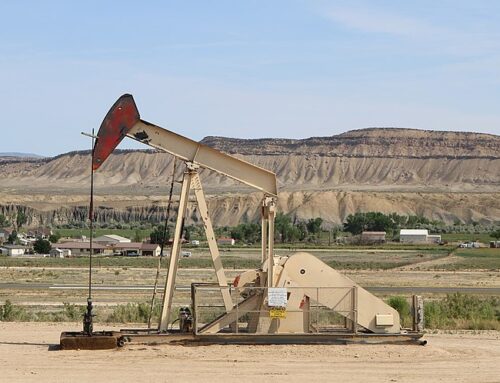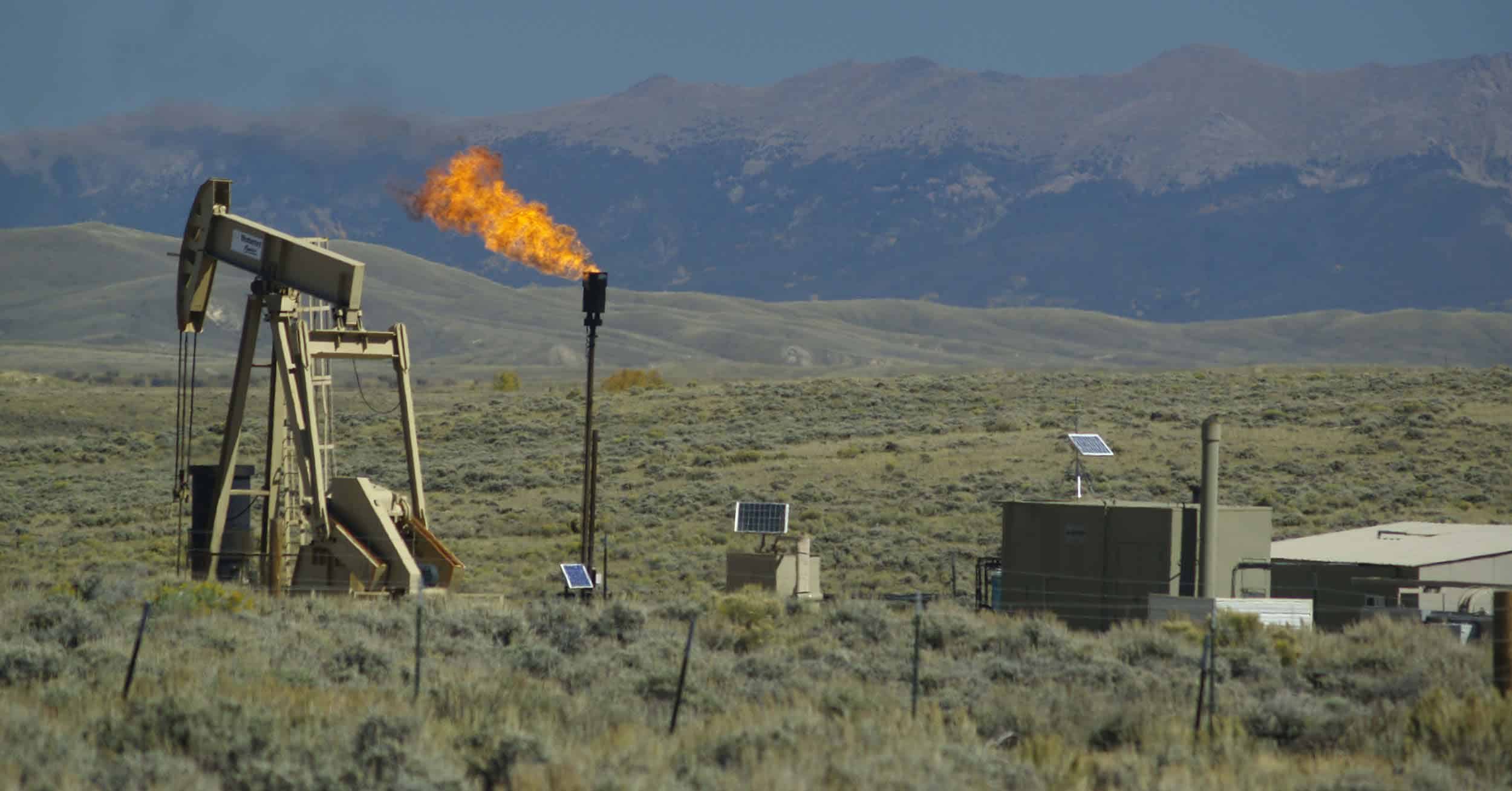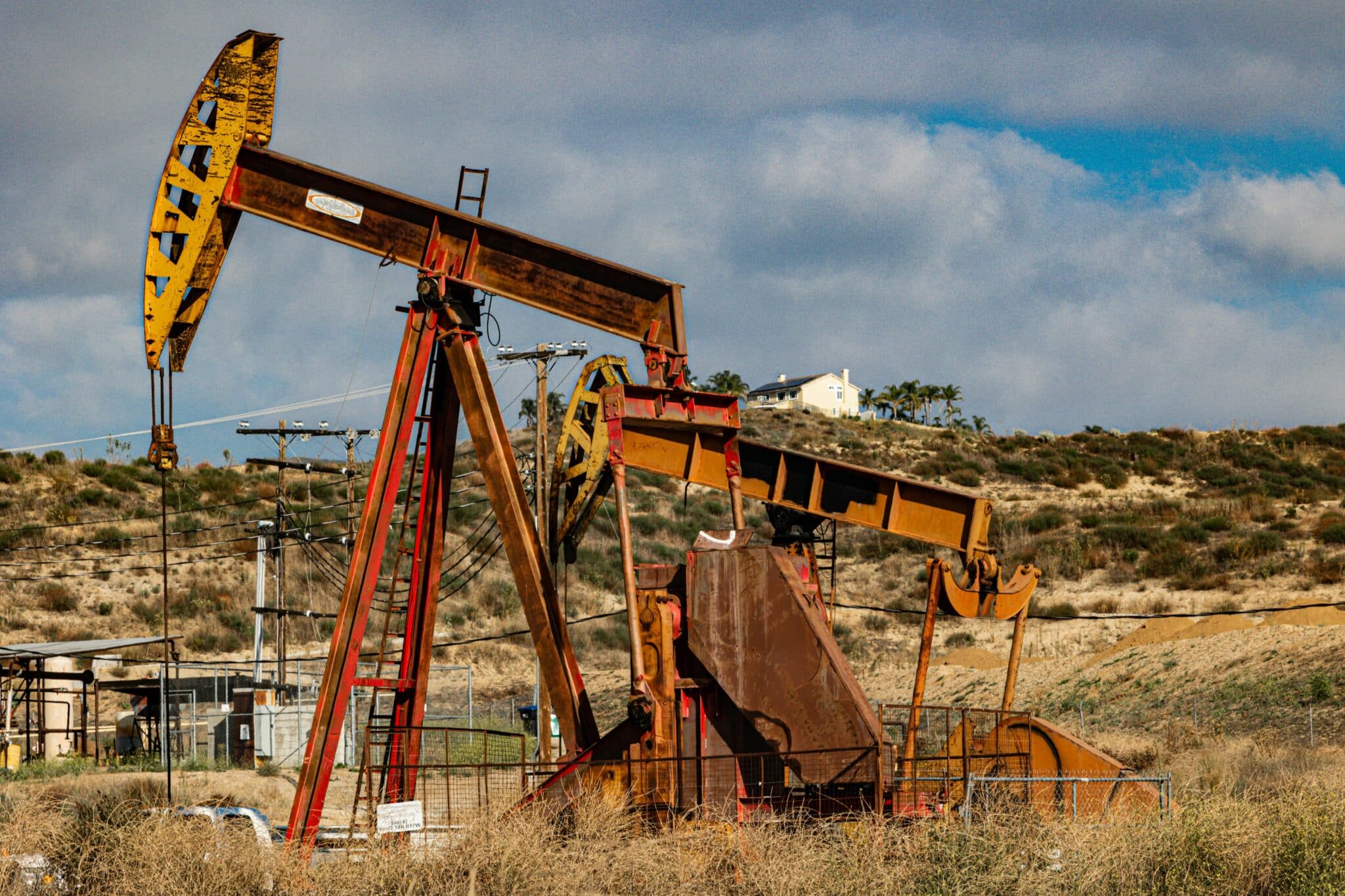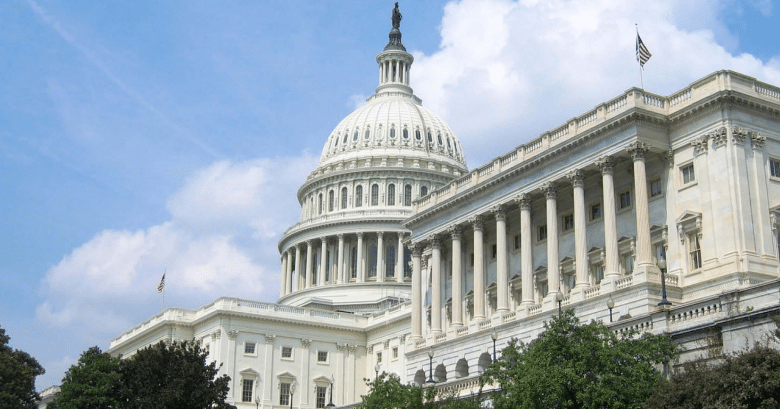The U.S. House of Representatives' FY2025 budget reconciliation bill—dubbed the One Big Beautiful Bill Act—would further subsidize coal leasing on federal lands at taxpayer expense by opening new areas for development, fast-tracking leases, and slashing the royalty rate.
The federal coal leasing system already fails to ensure taxpayers receive fair market value for the extraction of public resources. These lands—and the coal they contain—belong to the American public. The Bureau of Land Management (BLM), within the Department of the Interior (DOI), oversees the development of taxpayer-owned coal within the federal onshore mineral estate. To facilitate this development, the BLM auctions leases to private companies. Between 2015 and 2024, 2.8 billion tons of coal were produced on federal lands.
Rather than reforming this broken system, the House-passed reconciliation bill would double down by significantly expanding coal leasing and lowering the federal royalty rate for surface-mined coal from the current 12.5% to as low as 7% for both new and existing leases over the next decade. For too long, taxpayers have been shortchanged by a royalty rate that's well below market value—especially when compared to rates for other federal energy resources, like onshore and offshore oil and gas.
A fair royalty rate—paid as a percentage of the value of extracted coal and shared with both the federal treasury and the states where development occurs—is essential to ensuring taxpayers receive a reasonable return. At 12.5%, the current low rate already costs taxpayers millions each year. Dropping it to 7% will only make matters worse. Between 2015 and 2024, the federal coal program generated $5.6 billion for taxpayers, $4.8 billion of which came from royalty revenue. Had production over that period been subject to the proposed 7% royalty rate, taxpayers would have lost out on $2.1 billion in revenue.
The damage doesn't stop there. Revenue losses from the lower royalty rate would be compounded by provisions in the bill that aggressively expand leasing. The bill would nullify "all actions limiting the Federal coal leasing program," including the on-again off-again leasing pause. It would also require DOI to fast-track all pending applications for new or expanded leases—giving the department just 90 days after enactment to complete environmental reviews, finalize fair market valuations, hold lease sales, and take any other necessary steps to approve applications.
Additionally, the bill would require DOI to make 4 million additional acres of federal land in the western U.S. with known recoverable coal resources available for leasing within 90 days of enactment. That's nearly 10 times the 422,000 acres currently under lease for coal development as of the end of fiscal year 2023. Opening such a vast amount of land for leasing at reduced royalty rates amounts to a massive giveaway of federal property and taxpayer-owned resources.
Expanding federal coal leasing also increases taxpayers' exposure to costly liabilities related to abandoned mines. Under the Surface Mining Control and Reclamation Act of 1977 (SMCRA), coal companies are required to restore land disturbed by mining operations and post a bond to cover reclamation costs in the event of default. But current self-bonding practices have repeatedly failed to protect taxpayers, leaving the public on the hook for cleanup costs. TCS has long called on DOI to reform bonding rules to ensure companies can cover the full cost of restoring all disturbed sites.
Other provisions in the bill relating to federal permitting and expedited environmental reviews could also benefit coal producers. Notably, federal leasees could qualify for the proposed De-Risking Compensation Program, which would provide payments to energy projects—including those involving the development, extraction, processing, transportation, or use of coal or coal byproducts—that incur "unrecoverable losses" due to certain federal actions. Companies with approved projects that have begun construction could enroll in the program by paying a one-time fee equal to 5% of their capital contribution and annual premiums of 1.5%, adjusted biennially but not to exceed 5%. The definition of qualifying federal actions is broad: while the bill includes explicit examples such as revoking a permit or approval, it also leaves the door open to any federal action that renders a project "unviable."
An earlier draft of the reconciliation bill, authored by the House Natural Resources Committee, went even further. It would have blocked implementation of several resource management plans—including those for much of the Powder River Basin, which accounts for over 85% of federal coal production. The updated plans for Miles City (Montana) and Buffalo (Wyoming), released in November, allow existing permitted mines to continue operating but prohibit expansions and block new leases. These provisions were stripped before the bill advanced through the House Rules Committee.
Taxpayers deserve a fair return from coal development on federal lands. The House-passed reconciliation bill falls well short of that standard.
- Photo by Badibanga Roger on Unsplash

